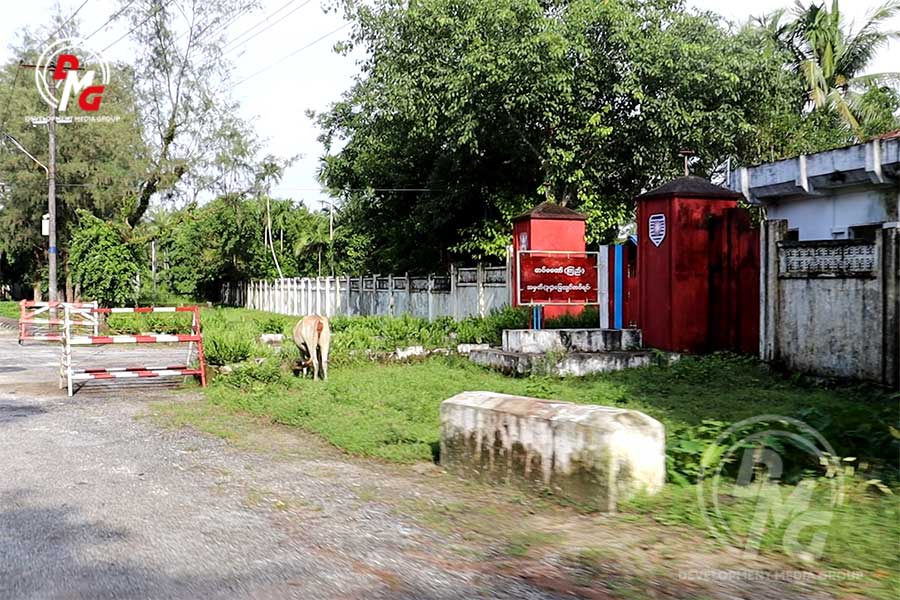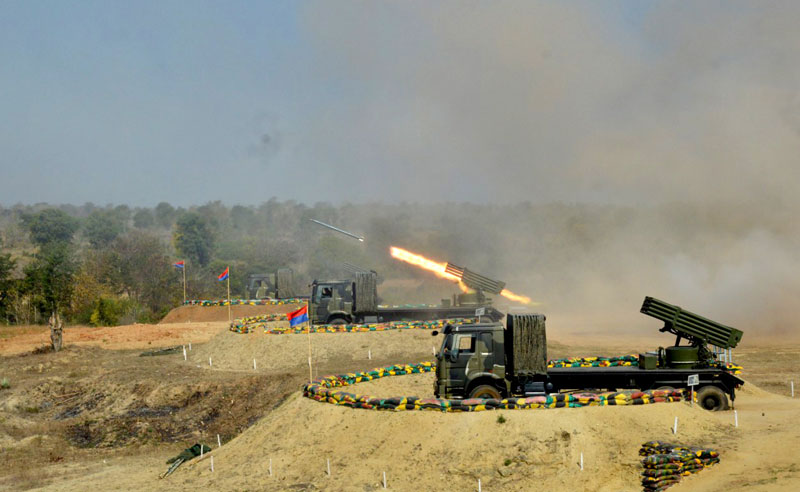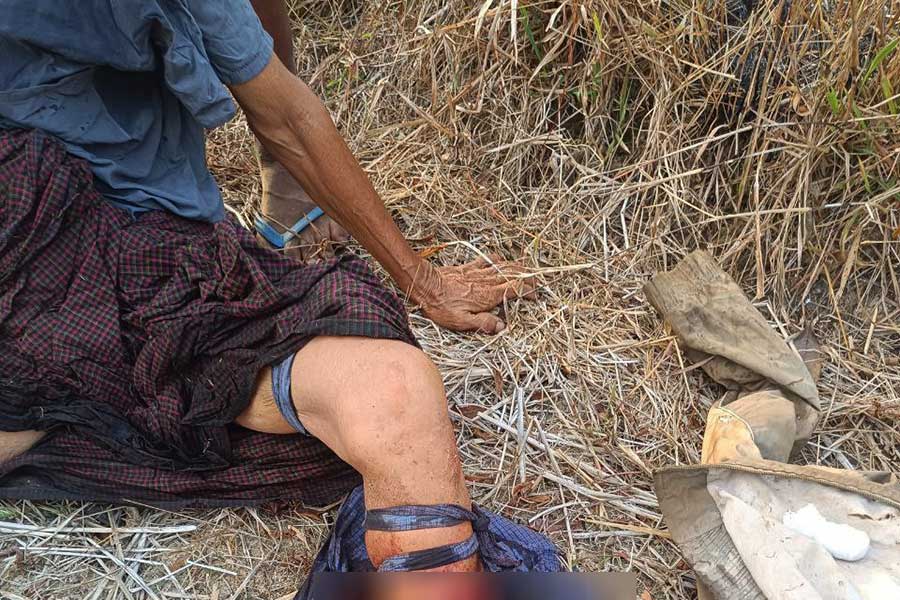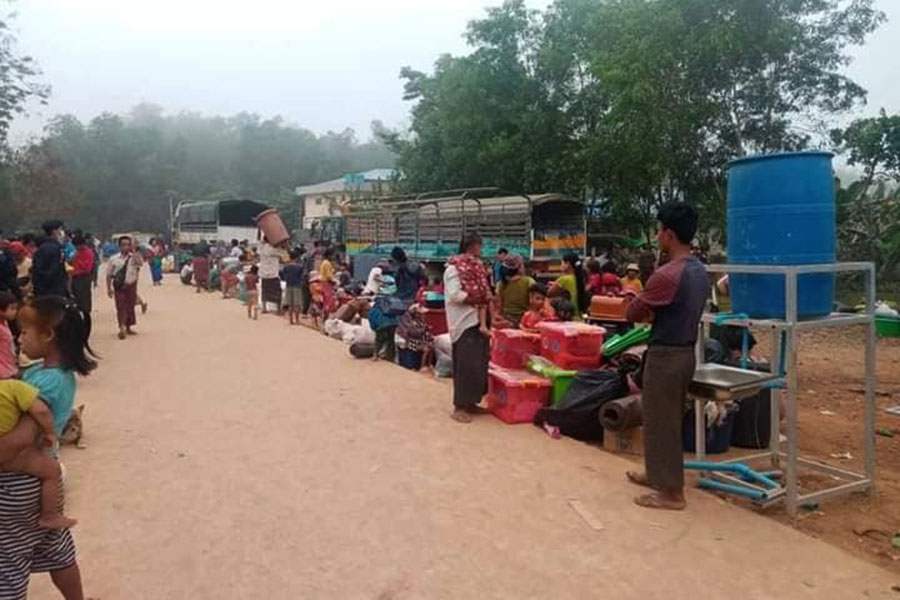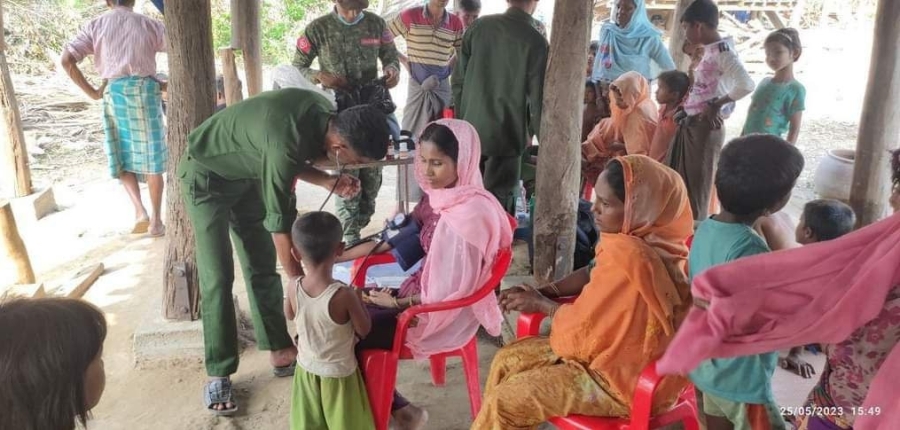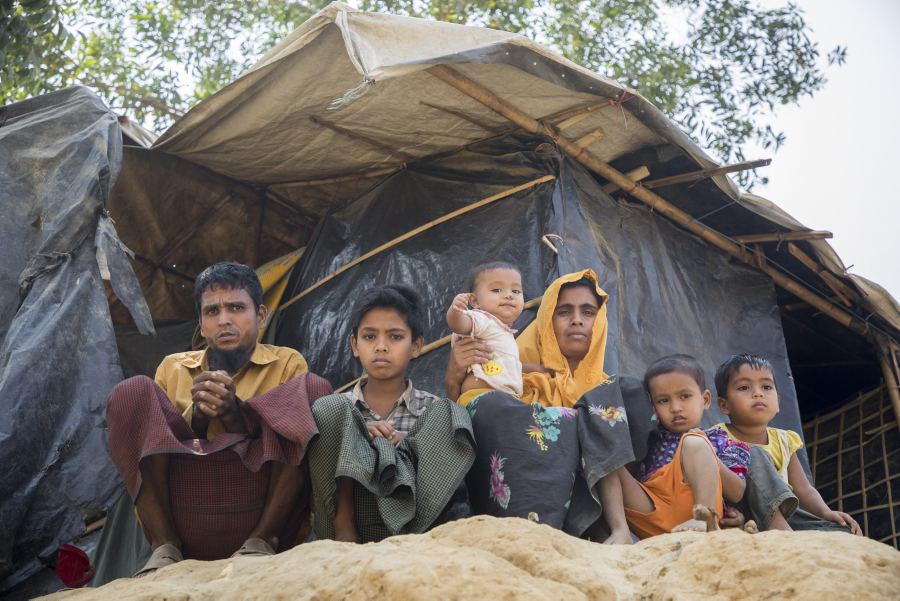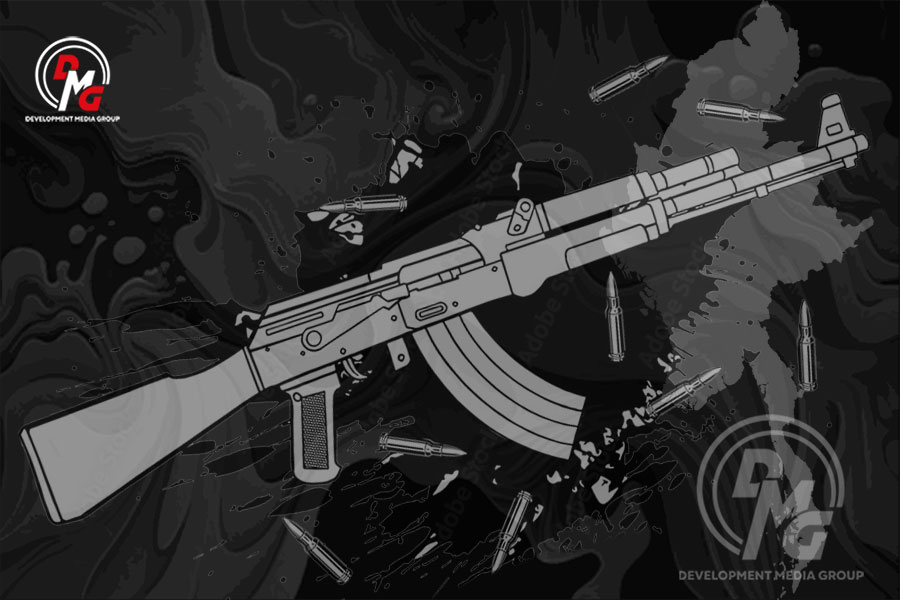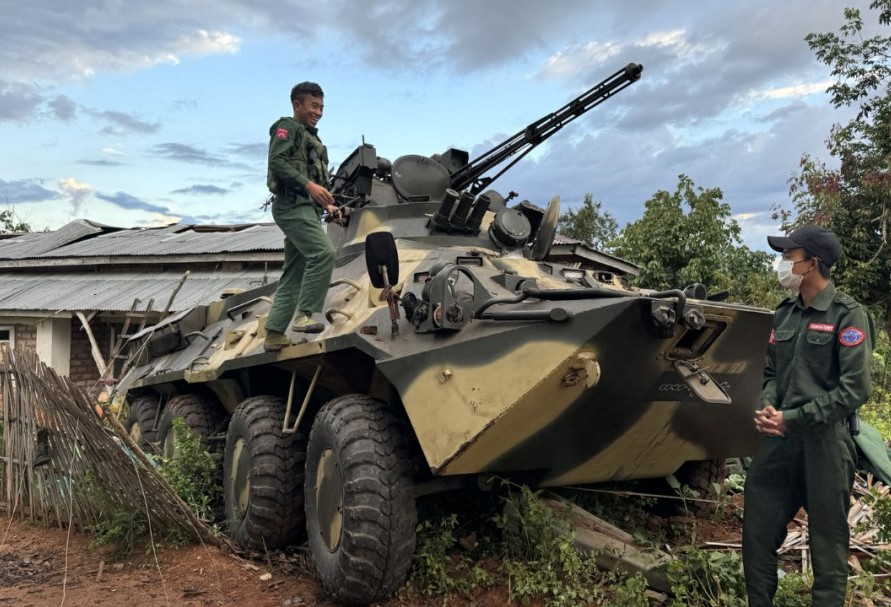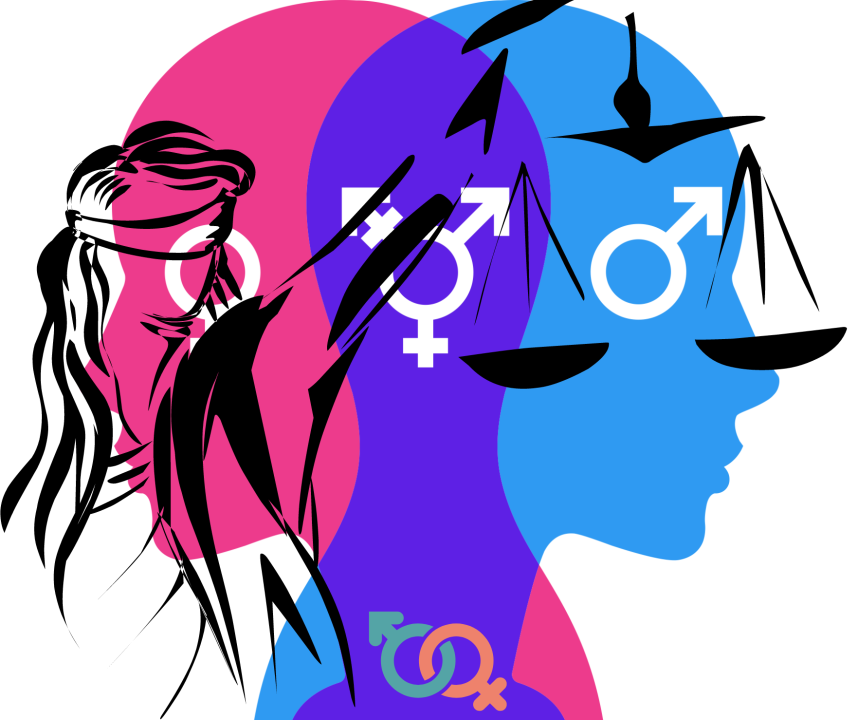- Regime shelling kills two civilians, injures another in two Arakan State townships
- Septuagenarian loses leg in landmine explosion in Kyaukphyu Twsp
- Muslim communities accuse regime of stoking racial strife
- Dozens of Muslims’ deaths blamed on diarrhoea in Sittwe Twsp
- Junta airstrikes rattle Mrauk-U Twsp village
Northern Alliance will talk with government as Beijing guratnees their safety
Since the Chinese government guarantees the security of the Northern Alliance, the coalition of ethnic armed groups will meet with Myanmar’s Peace Commission in Keng Tung in eastern Shan State, according to ethnic armed groups.
30 Aug 2019
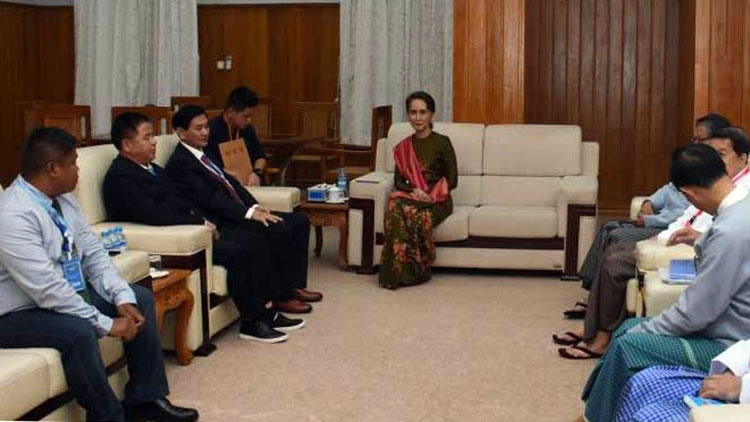
Myat Win Kyaw | DMG
30 August, Yangon
Since the Chinese government guarantees the security of the Northern Alliance, the coalition of ethnic armed groups will meet with Myanmar’s Peace Commission in Keng Tung in eastern Shan State, according to ethnic armed groups.
The Northern Alliance is composed of four ethnic armed groups: the Arakan Army (AA), the Kachin Independence Army (KIA), the Myanmar National Democratic Alliance Army (MNDAA) and the Ta’ang National Liberation Army (TNLA).
A six-member delegation including Colonel Kyaw Han and headed by the AA’s deputy chief Dr Nyo Tun Aung were going to Keng Tung today and would be given priority to sign a bilateral agreement during the dialogues, the AA’s spokesperson Khaing Thukha said.
“The government and the Myanmar Army need to have the right attitude and behavior so everybody can work together to forge a path to peace, stability and prosperity. When this is achieved, we can all do great things,” Khaing Thukha said.
The Northern Alliance and the Myanmar government met in Muse, northern Shan State, on 30 April. Then, the government proposed to meet in Mong La for further talks, but three ethnic groups apart from the KIA refused the meeting because of security issues.
Meanwhile, the government’s stance to acknowledge the existence of the AA in Laiza raised controversy between the government and the AA who is struggling to settle in Arakan State.
“Things will not work if they refused to recognize the presence of the AA/ULA in Arakan State. We can’t comply with their attitude. The AA should be in Arakan State,” Khaing Thukha said.
Currently, the fighting between the Tatmadaw and the three members of the Northern Alliance have been intensifying in northern Shan State and northern Arakan State.
The three ethnic groups, identified themselves as Three Brotherhood Alliance, on 29 August announced that they cannot accept the points contained in the bilateral agreement sent by the Tatmadaw through the NRPC on 30 June because there are obstacles that hinder future meetings. xxx
The Three Brotherhood Alliance has a strong willingness to resolve political conflicts by political means, so they need to talk peacefully regarding to intervention of the Chinese government and spearheading of the FPNCC, the three ethnic groups announced.
Their statement also said that exclusion of Arakan State from the unilateral ceasefire declaration affects the peace making process.
The Tatmadaw’s unilateral ceasefire for five commands expires on 31 August, so it needs to wait and see if the Tatmadaw will extend it or not.
Related Post : Northern Alliance and government agree to keep on talking about ceasefire

